

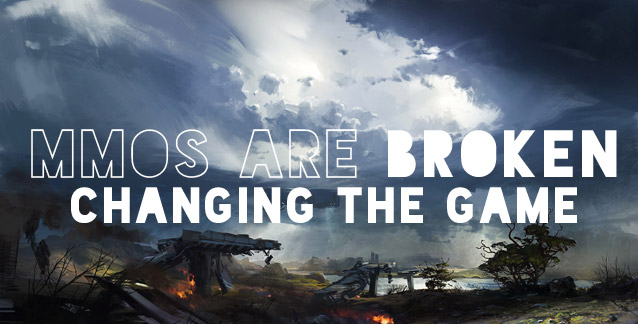
Last week, I reported on Gameranx that EVE Online’s Kristoffer Touberg had been speaking his mind on MMO development and what gamers want from it. He basically said that gamers enjoy mundane, repetitive quests and that after spending eight hours a day working in real life they will happily come and do more work in the virtual worlds of MMOs. While these generic quests are still a necessary evil, the fact a developer has tried to justify them is somewhat worrying. What does this mean for the future of the industry? Are we to expect more of the same in future MMOs, with an even greater focus on busywork? Finally, is this deemed as fair just because gamers have no choice but to do the quests?
These were full-fledged jobs, and I wasn’t accepting of that fact until Blizzard’s world had already done its damage.I played World of Warcraft for almost four years. In those four years, I accrued months of actual playtime, a 2200 arena rating, and well over 4,000 in achievement points. I have also played Runescape, Guild Wars, Rakion, Cybernations, Star Wars: The Old Republic and a few other online games that hold elements of the MMO genre dear, if not actual MMOs themselves. One thing I can tell you – from experience – is that I hated doing what World of Warcraft called “daily quests”. They were the main way players got their gold, and in some cases you could earn reputation points with the faction giving you these quests. I had to do them, though. If I didn’t, it meant I was going to fall behind all my friends and competitors in the race for better mounts, armor, and weapons. This was also a factor in PvP, where players would be forced to gather “honor points”, which they could trade in for superior armaments. These were full-fledged jobs, and I wasn’t accepting of that fact until Blizzard’s world had already done its damage.
Eventually, I quit. This happened back in January of 2010, and I haven’t sold my soul to the MMO machine since. What I did begin doing, though, was write about video games. With this, I started asking questions, and now – I wonder where the future of MMOs will take us. Touberg’s comments are so shocking due to the fact he is damning whatever hope players had for better experiences in the future, regardless of whether or not it be in his very own EVE Online or other MMOs. If there was some way these gameplay mechanics on which he speaks could be innovated, the problem would be much less of a priority – but there isn’t. You can’t improve on “Kill 10 Oversized Sewer Rats”, at least, not in the way Touberg is speaking about the situation. We as gamers shouldn’t accept mediocrity from any video game, and while that may sound a bit self-entitled, we’re the ones paying startup and monthly dues just to login and participate.
No, we are not producers, but we – the gaming community – allow developers to keep doing what they love by continually buying and subscribing to their games.One of the main reasons gamers and developers haven’t squared off on this subject before is because no one has crossed what I call a “thin line of mutual discretion”. What this means is that gamers have accepted redundancy in the hopes there might be better things later on down the line, and developers have kept quiet on the issue – shoveling whatever they can think up down our throats in the form of patches and expansions. Touberg changed that with his words the other day, claiming that people aren’t just OK with it, they want it. The question has now risen – “Is it fair?” Apart from our voice on forums, beta testing, and countless e-mails that more than likely aren’t given a second glance… we as a community don’t have much of a say into what a developer does or doesn’t do. In the risky world of MMO development today, it is safe to say that if something works, the developer(s) in question are going to keep doing it. However, times are changing: World of Warcraft has – over the past few months – seen its first major dip in subscribers since its 2004 release. The game’s Cataclysm expansion failed to bring anything new or positive to the table, and thus, Blizzard’s hand was forced – another expansion is due out this holiday season.
This is as much a cry for change in gamers as it is in developers. No, we are not producers, but we – the gaming community – allow developers to keep doing what they love by continually buying and subscribing to their games. I am not saying we should all go storm our way onto the EVE Online forums and yell at the developers there, but we should all be aware of what we are playing. It is always a good idea to question what you are playing, especially if the task(s) are repetitive and cumbersome: “Why am I doing this? What am I gaining?” The answer to both of those questions should be along the lines of entertainment value. If you answered “so I can get better armor”, then the problem is apparent. Only when all of us can learn this fact and speak out on it together can we truly make a difference in the MMO space, but we have to make ourselves heard.
So, “How do we make a difference?” I am not really sure I have the answer to that. If it was a perfect world, one-hundred percent of both the developers and community involved in the MMO realm would be raring to go at finding new, creative ways to improve gameplay – but we’re not all so keen to do so. Let us try and make our voice heard through actions on the tools mentioned earlier – forums, e-mail, beta testing – but let’s also get inventive. Organize events for change in your MMO of choice, or create a Youtube video highlighting your ideas for a better future. Developers, if you’re reading this, and I have resonated with you to some degree: present something out-of-the-box and imaginative during your team’s next conference or meeting. The industry of gaming as a whole has come so far in the past few years, do not stop where we are now! The MMO universe needs a boost, and I think we can make it happen.
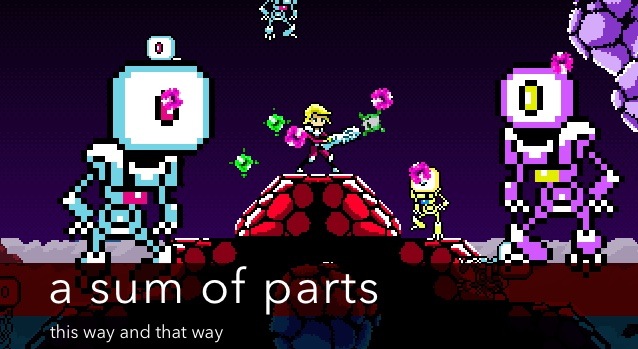
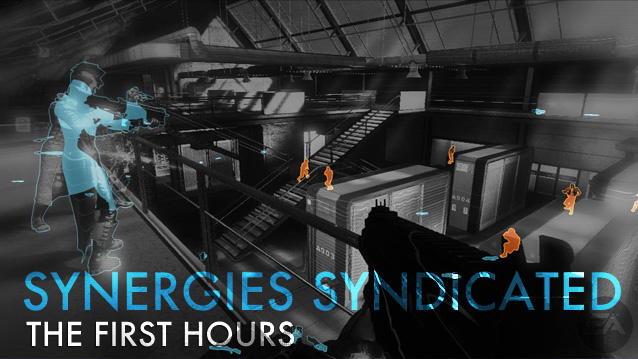

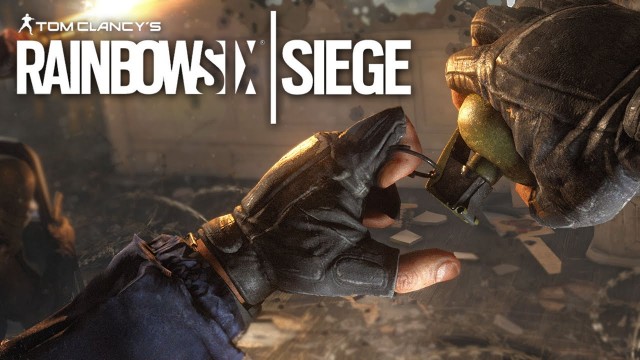
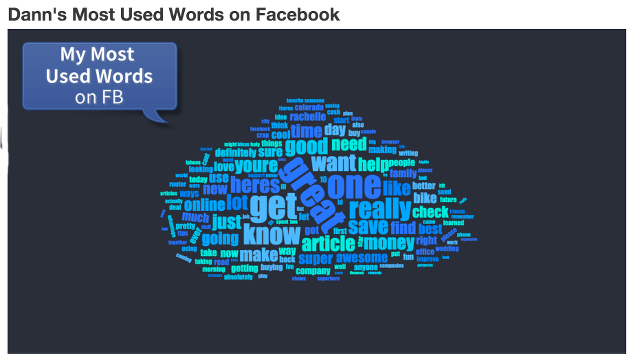 Thousands Gave Away Personal Data for Free on Facebook - Did You?
Thousands Gave Away Personal Data for Free on Facebook - Did You?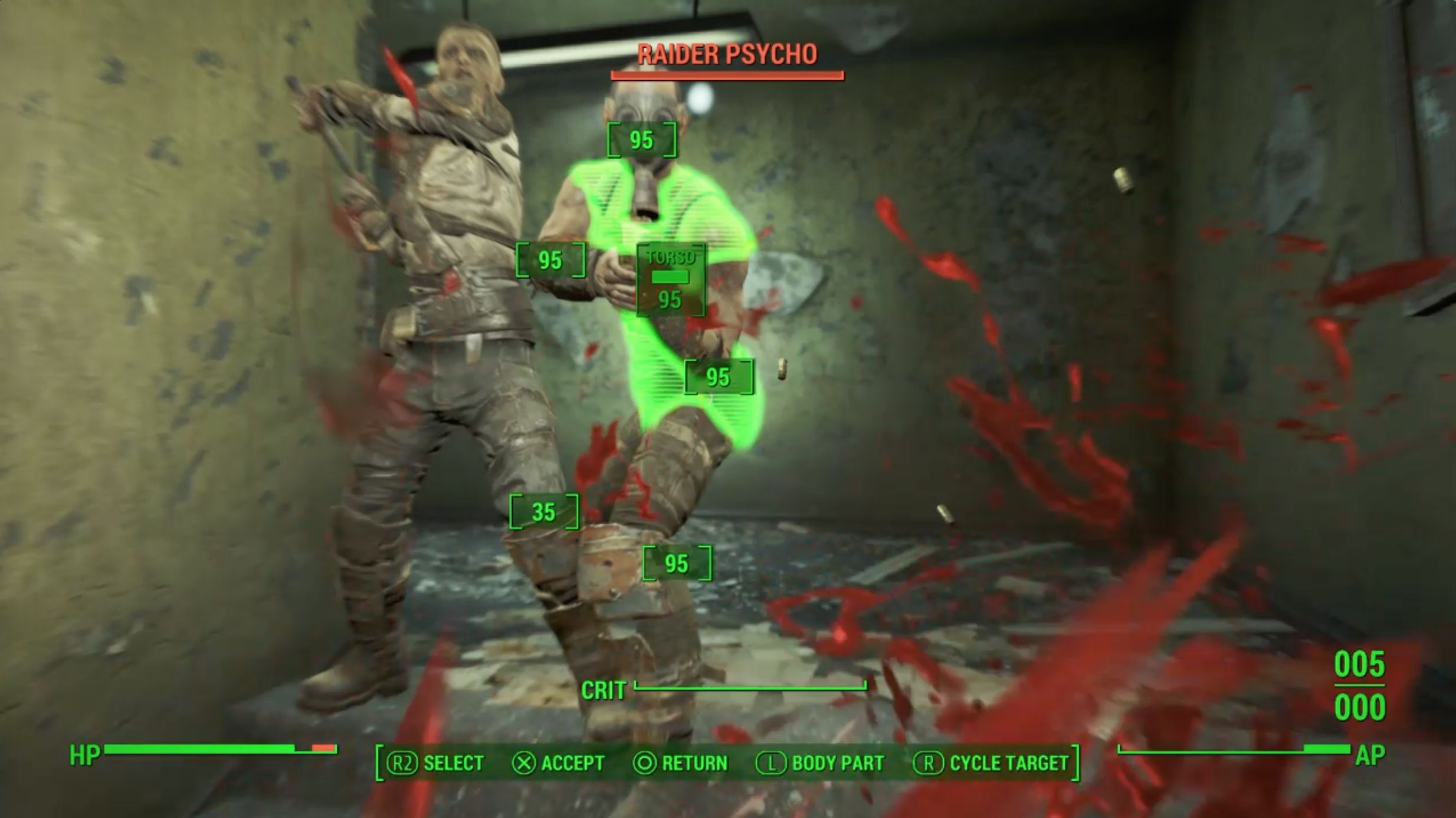 Fallout 4: Weathervane walkthrough
Fallout 4: Weathervane walkthrough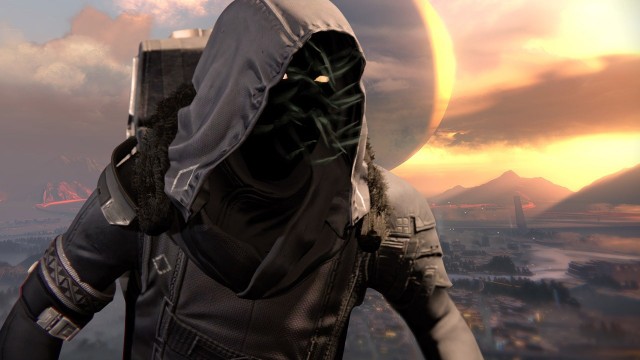 How To Get Destiny Strange Coins To Buy Xur: Agent of the Nine Exotic Items
How To Get Destiny Strange Coins To Buy Xur: Agent of the Nine Exotic Items Why Curiosity Is Molyneuxs First Success
Why Curiosity Is Molyneuxs First Success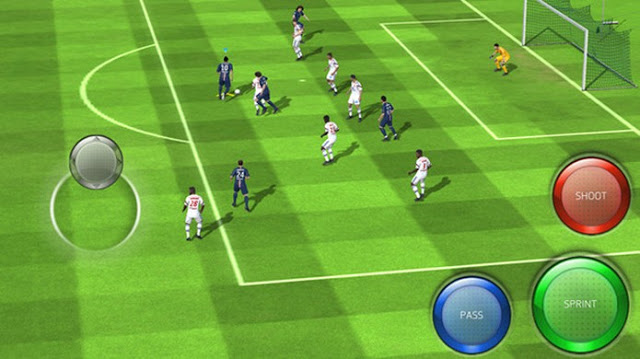 FIFA 16 Mobile (iOS/Android) brings major changes to the franchise
FIFA 16 Mobile (iOS/Android) brings major changes to the franchise